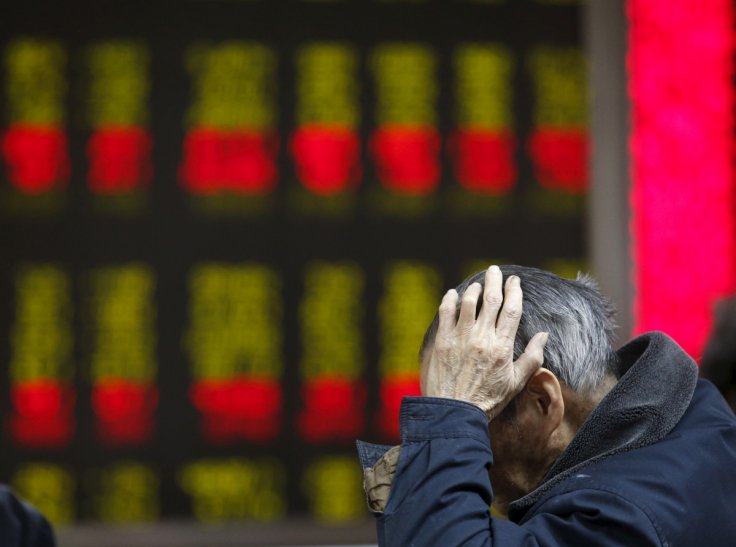Factory activity in China unexpectedly expanded in March after contracting sharply to a record low, but the rapid global spread of the coronavirus is expected to keep businesses and the overall economy under heavy pressure as foreign demand slumps.
China's official Purchasing Managers' Index (PMI) rose to 52 in March from a collapse to a record low of 35.7 in February, the National Bureau of Statistics (NBS) said on Tuesday, above the 50-point mark that separates monthly growth from contraction.
Analysts polled by Reuters expected the March PMI to come in at 45.0.
The NBS attributed the surprise rebound in PMI, a month-on-month indicator, to its record low base in February and cautioned that the readings do not signal a stabilization in economic activity.

Positive reactions to the PMI survey
Markets reacted positively to the PMI survey, with Asian stock rising as investors seemed relieved by the rare good news as the pandemic showed few signs of abating.
China's yuan, however, didn't budge, reflecting analysts' broad views that a sustainable bounce in manufacturing activity looked some way off despite a slowdown in China's coronavirus infections from its peak in February.
Many warn that manufacturers and overall economic activity will remain under intense pressure in coming months in light of the rapid spread of the virus across the world, the unprecedented lockdowns in several countries and the almost near certainty of a global recession.
Beijing, at great costs to the economy, had imposed draconian quarantine rules and travel restrictions to curb the pandemic that has killed more than 3,000 in the country. But as locally transmitted infections dwindle, most businesses have reopened and life for millions of people has started to slowly return to normal.
Yet, the pace of business resumptions has been constrained by China's efforts to guard against a second wave of infections from abroad.
The survey's sub-index of manufacturing production picked up to 54.1 in March from February's 27.8, while a reading of new orders rose to 52 from 29.3 a month earlier.
New export orders received by Chinese manufacturers ticked up to 46.4 from 28.7 in February, but were still mired in contraction.
Grim Outlook
The pandemic, which originated late last year in China, has wreaked havoc along global supply chains and analysts caution that the nation's factories will continue to struggle due to slumping foreign demand amid tight lockdowns in Europe, the United States and a number of other key economies where daily life has ground to a halt.
Already, Chinese exporters are seeing overseas orders being scrapped as the worldwide spike in coronavirus infections and deaths has forced many of the nation's trading partners to slow or suspend production. Globally the outbreak has claimed the lives of over 34,000 people with more than 720,000 infections.
China should not set an economic growth target this year given the high level of uncertainty from the coronavirus pandemic and avoid having to resort to "flood-like stimulus" to meet the goal, a central bank adviser said.
China's foreign trade could further deteriorate from January-February period, which saw a 17.2% slide in exports, the vice industry minister Xin Guobin told a press conference on Monday.
"We estimate that China could lose close to 18 million jobs in the export sector as a result of a 30% y-o-y contraction in exports we expect in the next one to two quarters," economists from Nomura said in a note prior to the data.
Nomura is also forecasting the outbreak to have driven a steep 9% annual contraction in China's gross domestic product in the first quarter.
China's service sector activity also expanded, with official non-manufacturing PMI coming in at 52.3, from 29.6 in February, a separate NBS survey showed.
The service sector now makes up a larger share of China's economy than at the time of the 2002/03 SARS coronavirus epidemic, accounting for about 60% of the country's Gross Domestic Product (GDP).
The government has loosened restrictions in recent weeks which is encouraging consumers to venture back into malls and restaurants, and is giving out millions of yuan worth of shopping coupons to revive consumption.
However, consumer appetite remains depressed and analysts warned the outbreak could have a lingering impact, as many people remain worried about the possibility of new infections or fretting about job security and potential cuts to wages as the economy struggles.








